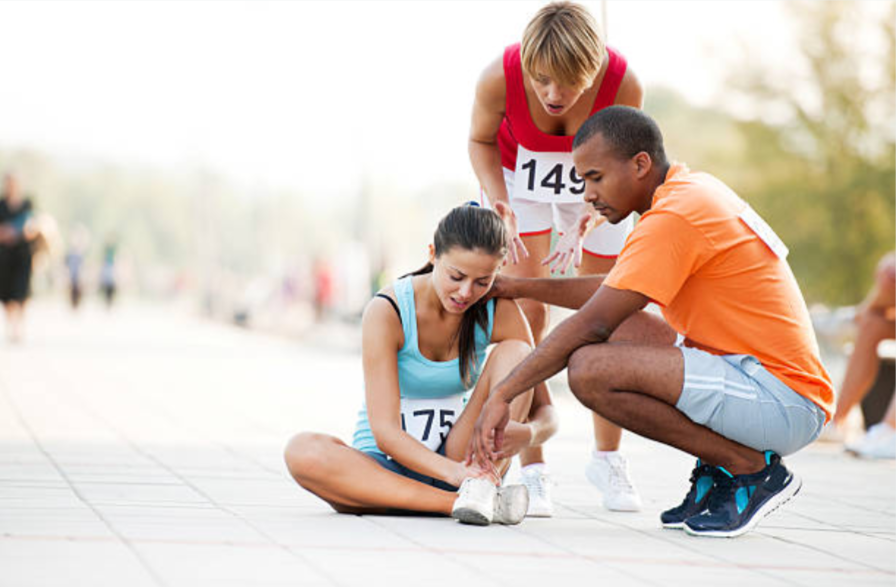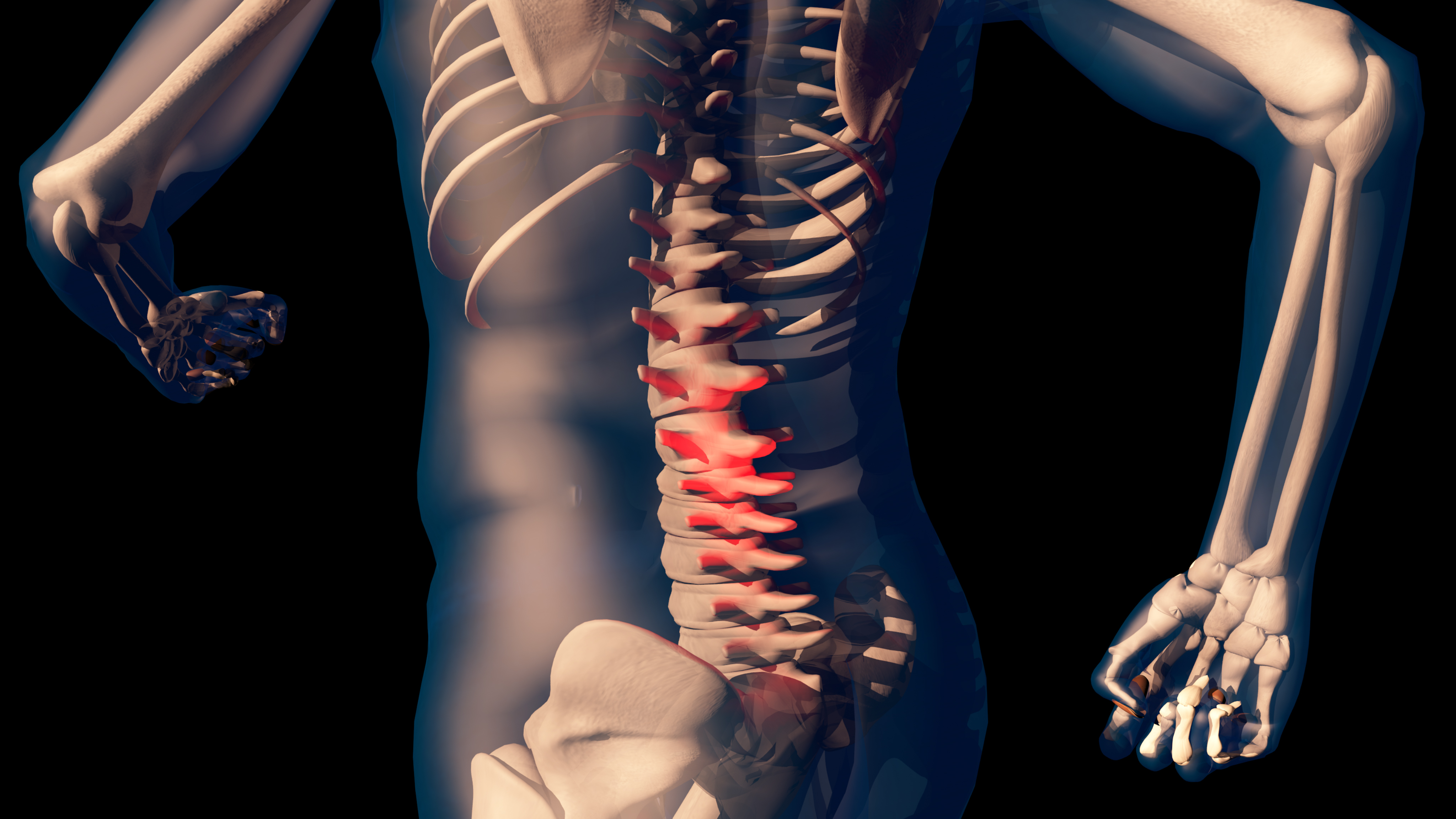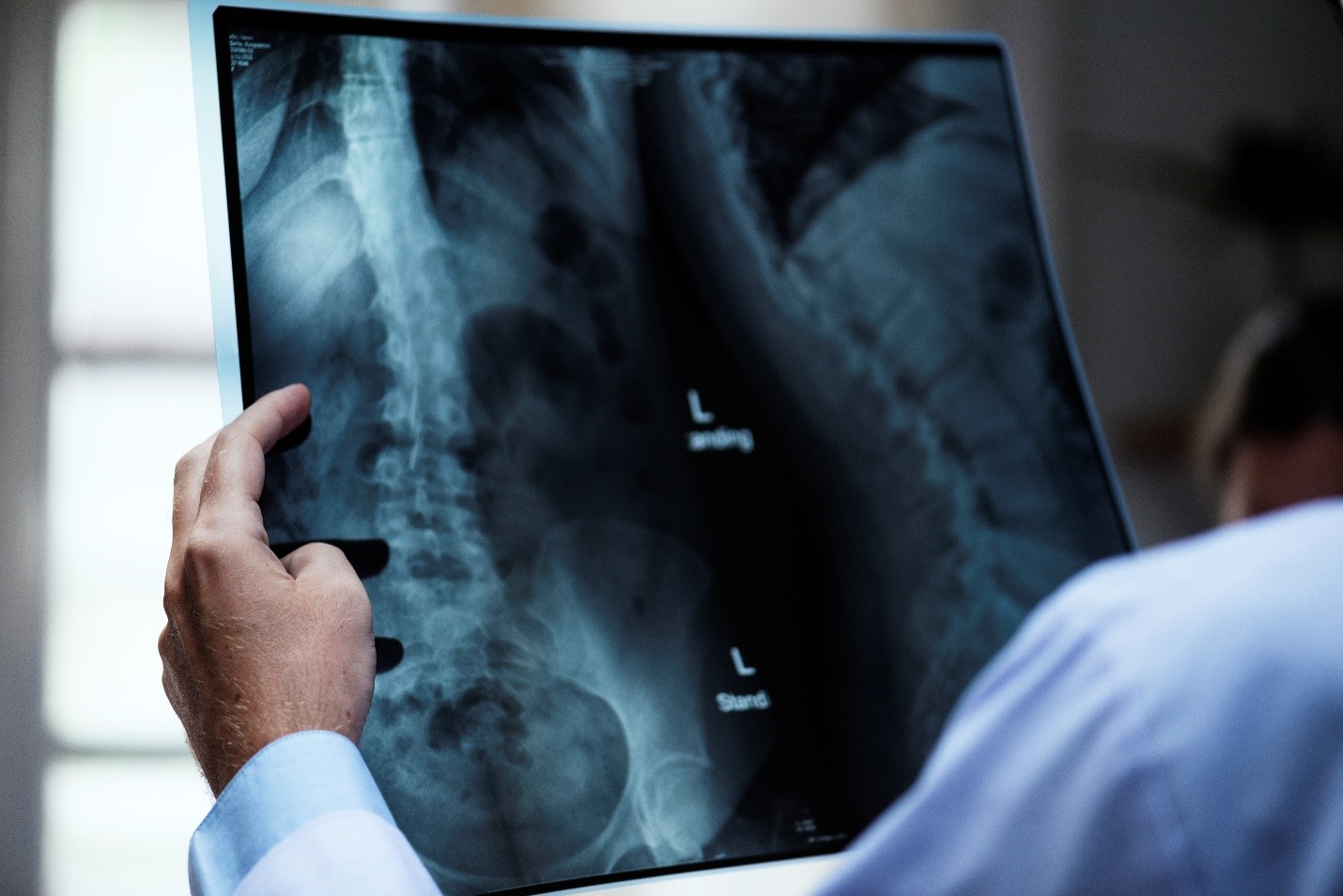What is Achilles tendinitis?
Achilles tendinitis is a sports injury that develops from overusing the Achilles tendon (the tough band of tissue that connects the calf muscles to the heel bone). This condition occurs mostly in runners, especially those who suddenly increase the intensity of their runs. It is also common in athletes who play running sports, such as basketball and soccer, and middle-aged individuals who have a minimal activity level.
What are the symptoms of Achilles tendinitis?
The number one sign to Achilles tendinitis is pain above your heel, especially during stretching or standing on your toes. The pain may start out mild and could get better or worse over time depending on the person’s lifestyle. Severe and instant pain could be a sign that the Achilles tendon completely ruptured. If that happens, the area could feel tender, swollen, and stiff. If your Achilles tendon ruptures, you may hear a snapping or popping noise. Individuals who experience this may have bruising, swelling, or difficulty pointing their toes.
What are the causes of Achilles tendinitis?
Achilles tendon injuries are common in individuals who are involved in sports which require them to quickly speed up, slow down, or pivot. These activities include:
- Running
- Gymnastics
- Dance
- Football
- Baseball
- Softball
- Basketball
- Tennis
- Volleyball

Achilles tendinitis tends to happen at the start of sudden movement. This means when someone is about to run or turn, the motion of the foot pushing off the ground is what causes this injury. For example, a runner may injure their Achilles tendon at the beginning of a race as they initially push off the ground with a powerful force. This can be too much for the tendon to handle.
What are the risk factors for Achilles tendinitis?
There are certain factors that may increase your risk. The most common factors are:
- Having preexisting health conditions such a psoriasis or high blood pressure
- Being a male
- Middle-aged and older individuals
- Taking certain medication like antibiotics
- Running in worn out shoes
- Training in cold weather
- Being overweight
Feeling Pain in Your Achilles tendon? We Can Help.
Are their ways to prevent Achilles tendinitis?
If you want to prevent Achilles tendinitis from taking place, or you are already injured, there are ways to help minimize the risk for your condition getting worse. Stretching the calf muscles everyday will minimize the risk for injury and improve agility, especially stretching before and after workouts. When it comes to new exercise regimens, it is best to ease your way into it and slowly intensify your physical activity. It is also a good idea to combine high impact sports with low impact. For example, if you enjoy playing basketball you could pair it with swimming a couple times a week. This reduces the amount of stress is on the Achilles tendon. Lastly, choosing a proper shoe that has the support you need can help prevent injury.
How can Achilles tendinitis be treated?
Treating Achilles tendinitis involves reducing swelling and alleviating pain. The type of treatment depends on how severe the injury is, and how serious of an athlete the patient is. Some at home remedies may be recommended by a doctor such as:
- Icing and heating the area
- Resting
- Elevating the foot to reduce swelling
- Use compression bandages
- Take anti-inflammatory medication
Chiropractors are considered to help patients manage Achilles tendinitis. Your chiropractor can help you balance better to achieve better weight distribution. This is done through personal training that aims towards improving the bio-mechanics (movement patterns) in the leg, ankle and foot. Being more balanced can reduce unequal wear and tear, which can help heal and prevent Achilles tendinitis.
Chiropractic Medicine Articles
Chiropractic Adjustment vs Spinal Decompression
When booking an appointment with your chiropractor, it can [...]
Chiropractic Care for Chronic Migraine Headaches
It’s happened again. You’ve woken up with chronic migraine and [...]
4 Things Chiropractic Care Can Heal
Chiropractic care can help whether you are struggling with a [...]
The Purpose of Acute and Chronic Pain
All pain can feel the same when it is being [...]




